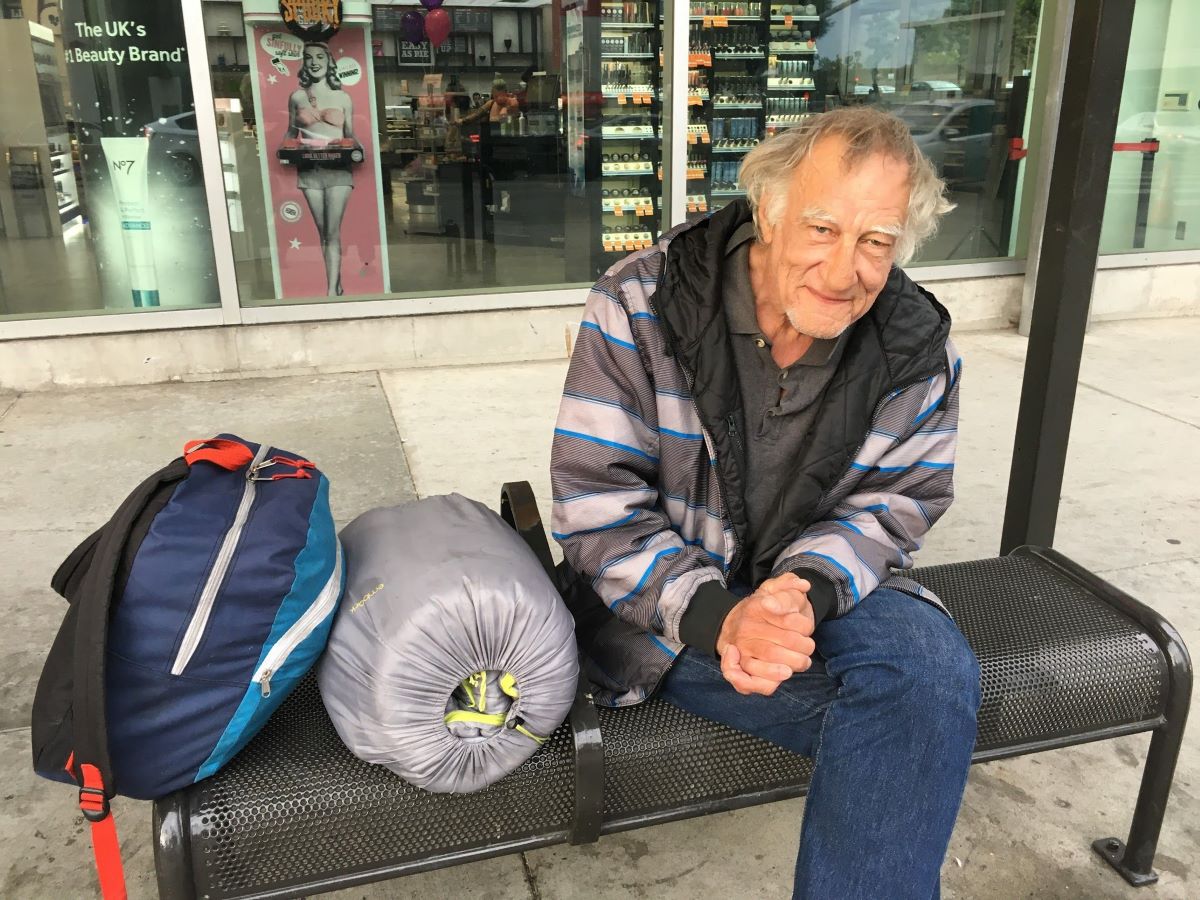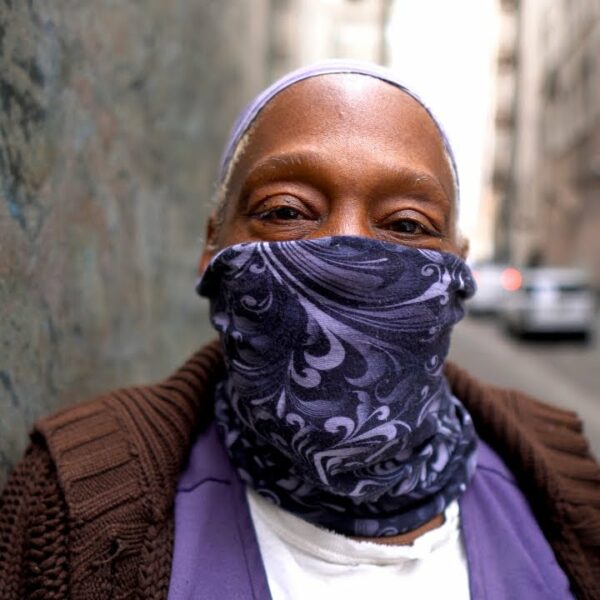Throughout the past few years, billions of dollars have been allocated toward fighting homelessness. Yet, the problem continues to persist. Could the flaw be in the execution of the plan?
The media can continue to preach from a false script and attempt to convince the masses that we’ve ended homelessness or something close to this effect. The people of this nation aren’t fooled. They needn’t look much further than their backyards to see how homelessness has exponentially grown. In 2020, even by the grossly undercounted HUD statistics, the national homeless population was said to have grown by at least 2%. With all the safety nets and new legislation and all the measures taken to keep those numbers from trending upwards, you would think the opposite might have happened.
People say there are complex reasons for this saddening state of existence, but what if that’s not the case? The word complicated is often misused as a crutch, a way of giving up without taking on the problem or even addressing it. What if homelessness is not that complicated and it’s much simpler than expected? What if one of the biggest parts of the problem is that on every panel of experts, an important voice is missing?
Imagine If Homelessness Were a Patient Instead of a Problem
For the sake of drawing a parallel, try to picture homelessness as a patient instead of a problem. The patient needs surgery. The nature of the patient’s illness is complex, and the surgery is extremely complicated. In response to the rapid deterioration of the patient, a panel of surgical experts gathers to discuss and plan. (This often happens in scenarios where patients are battling a life-threatening illness such as cancer.)
However, this panel of experts is unique. The vast majority of the doctors have only been trained in an academic setting. They are brilliant academics with vast knowledge in their area of expertise, but they have never performed surgery in real life before.
There is one lone expert on the panel who has never been to college. He’s not even given the title of doctor. Yet, in his region of the world, he has performed thousands of complicated surgeries. He understands the pressure of standing over another person on an operating table and holding their life in his hands. He has decades of experience in operating on patients. Yet, he is only at the table as a novelty. His opinions are rarely validated or even asked for.
He speaks a bit about what it’s like to perform surgery. When it is time to save the patient, all of the other experts are called into the room.
These doctors who have never performed a single surgery will now attempt to pull off this most complicated surgical feat without any basic input from the man who has experience. Meanwhile, the man with all the surgical experience will stand in the waiting room and occasionally entertain the crowd with stories about blood gushing from arteries and stitches being woven over freshly severed flesh. In this imaginary scenario, do you think the patient would live?
If you think this is a flawed approach in a medical setting, ask yourself this question: Why do we think it is an intelligent approach to homelessness?
Consider the following:
Even in the so-called “woke era” we’ve recently established, most “experts” on homelessness are not themselves homeless. The overwhelming majority of them have never experienced homelessness first-hand.
When it comes to the complexity of homelessness, it lies in the root cause, not the solution. The solution is quite simple. Homeless people need houses. Everything else they might need is secondary. Yet, we put these secondary solutions first and then spend years wondering why we are backtracking.
This is not to say that there is no space for academia or scholarship within the homeless sector. This type of education is almost always instrumental and necessary for solving problems. However, if we limit expertise strictly by adhering to standards posed by Western academia, we will miss out on other valuable explanations that could only be driven by experience.
Zooming Out to See the Bigger Picture: There are Undeniable Ties Between Homelessness and a Lack of Higher Education
Marginalization in the United States is often an after-effect of racism, classism, ageism, etc. However, homelessness is unique in this regard. Anyone from any background can become homeless- from a former millionaire who lost all their assets to a bad deal to a renter living paycheck to paycheck who falls unexpectedly ill and just about everyone in between. Many people are born into homelessness and never allowed to rise out of it. Many people die homeless after having lived fanciful lives and losing their houses in their old age.
But there is one thing all of these people have to have in common to be unhoused. They have to be financially devastated. Nobody who has the money to live in a house is choosing to live outside in the rain. Because homelessness is the singular type of marginalization that requires poverty as a condition, and because poverty is intrinsically linked to a lack of higher education, we have essentially created a social sector where people who have experienced this problem first-hand are undervalued for their expertise.
This is not to say that there are no homeless or formerly homeless college graduates. Still, the harsh reality is that those stories about going from homeless to Harvard are published because they are the exception, not the rule. In truth, being homeless makes obtaining higher education a near impossibility. In the words of online college reporters:
“Though many of these (homeless) youth aspire to college, they lack a network of support and an awareness of resources to see their dreams through.”
By placing all or most of the value on academic leadership, we effectively carry out all of these operations to end homelessness, relying almost entirely on textbook solutions. Then we return to the idea that it’s all just too complicated, and the vicious cycle continues. Additionally, by drowning out knowledgeable voices because they represent people who might not possess the “traditional” academic education we’ve come to value in Western culture, we are also feeding the offensive stereotype that homeless people are less intelligent, less important, and more flawed than their housed counterparts.
Final Note: Homeless Prevention Programs are Often More Successful When They Include Homeless and Formerly Homeless People in the Decision-Making Process
While we have certainly not ended homelessness, small victories abound. Many of these victories were spearheaded by homeless and formerly homeless people who were placed in leadership positions. Here are just a few examples:
- Formerly homeless activist Jennifer Bennetch founds Philadelphia Housing Action and proceeds to turn blight into livable dwelling spaces for people in need
- A group of homeless people in Canada solve their housing situations with a government fund of just $7,500 each
- The UCSF Center for Vulnerable Populations employs a task force comprised of homeless residents to aid in COVID testing and prevention, and the campaign is a sweeping success
Start the Conversation
It’s time to break the stereotypes by starting a conversation. Contact your representatives today and ask them if they include homeless and formerly homeless people’s input into solutions for homelessness prevention.












